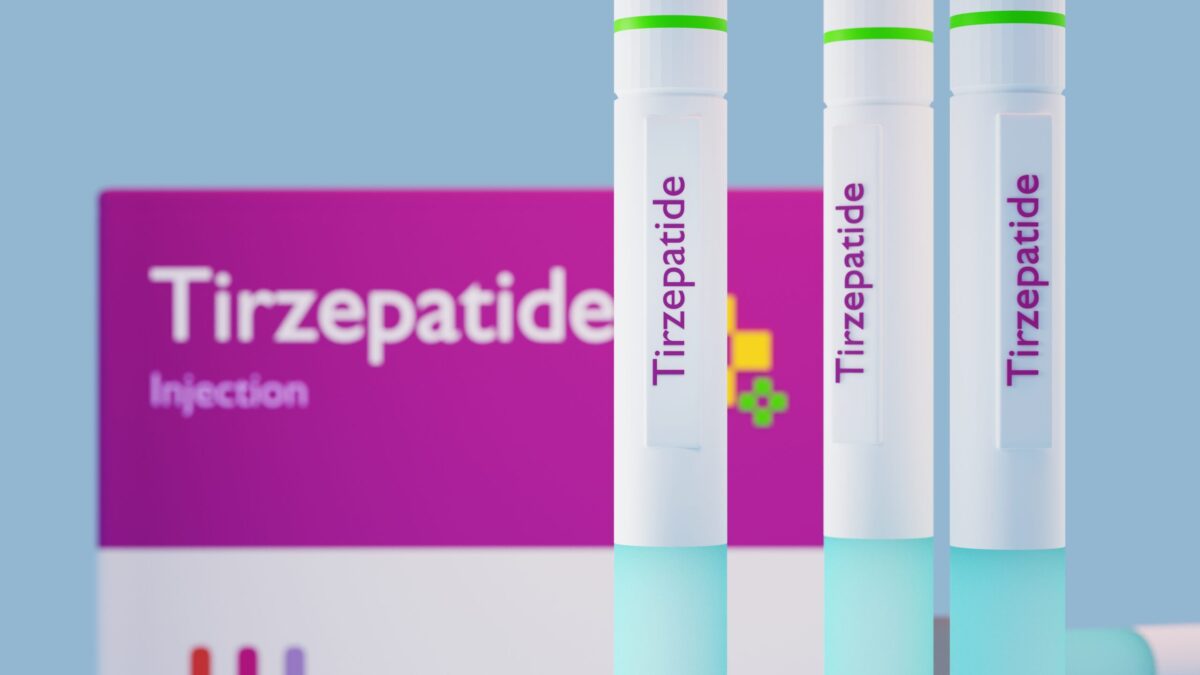Immunotherapy developer Juno Therapeutics, in compliance with the US Food and Drug Administration (FDA), has halted a clinical trial of an experimental CAR-T cell therapy after three patients died as a result of the treatment. The first patient died after suffering from cerebral edema, however all of those involved in the trial – including the researchers, data safety monitoring board and regulators – did not believe the death was connected to the treatment.
The patients were participating in a Phase II clinical trial testing the efficacy of an immunotherapy called JCAR015, which was developed to treat adult forms of relapsed or refractory B-cell acute lymphoblastic leukemia. As the candidate is Juno’s leading CAR-T immunotherapy, the company had plans to file for FDA approval in 2017.
CAR-T treatments have been heralded as a potential game-changer for the field of oncology, so the fatalities are a blow to both the company and the immunotherapy industry as a whole. Kite Pharma – another player in the immunotherapy space – is also developing CAR-T treatments, with the biopharmaceutical company recently announcing their own Phase II clinical trial.
According to Juno, the addition of fludarabine – a chemotherapy agent – to the patients’ treatment regimen, is being implicated in the deaths. The drug was administered in order to help prepare the patients for the CAR-T therapy. So far, only 20 patients had been enrolled into the clinical trial, with Juno eventually planning on increasing that number to 90 participants.
“This is a humbling experience,” Juno’s chief executive officer, Hans Bishop, told Forbes. “No doubt it is difficult for the physicians who are looking after these patients and their families. Clearly these therapies are potent, that’s why they offer the potential for cures. We’re still learning to use them in the safest, most efficacious way.”
In CAR-T immunotherapy, a patient’s immune cells are collected and genetically modified to allow them to better target and destroy cancer cells. Once they reach sufficient numbers outside of the body, the modified T cells are reinfused into the patient from which they were collected.
Juno’s protocol builds on this basic technique by administering chemotherapy drugs to patients in advance of the cell infusion, in order to eliminate many of the body’s own T cells. The idea is that the patient’s modified cancer-killing T cells will have a better chance of surviving and expanding within the body, in the absence of any endogenous T cells.
In the case of this clinical trial, the fludarabrine seems to have been incompatible with JCAR015, potentially contributing to the death of three patients. In order to overcome the FDA-mandated clinical hold, Juno has proposed continuing the study using another chemotherapy drug known as cyclophosphamide.*
The FDA is requiring Juno to comply with a few requests – including submitting a revised patient consent form, as well as updating the trial protocol and the investigator brochure – and the company is reportedly planning on sending these documents to the regulator this week. The set-back will certainly delay Juno’s plans to file for regulatory approval in the US next year, and may also attract scrutiny to the CAR-T cell immunotherapy technique as a whole.
*Editor’s Note: Original post referred to the wrong chemotherapy drug.












Join or login to leave a comment
JOIN LOGIN